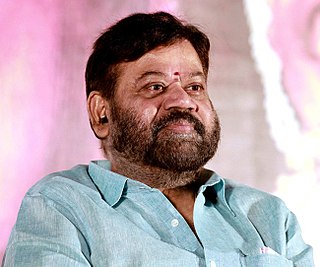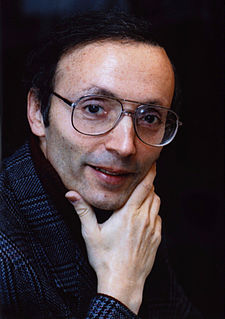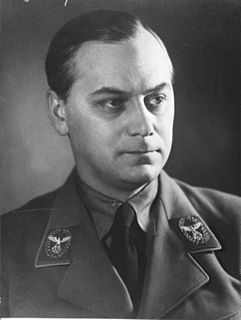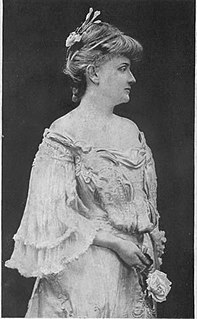A Quote by P. G. Wodehouse
Related Quotes
Mankind's common instinct for reality has always held the world to be essentially a theatre for heroism. In heroism, we feel, life's supreme mystery is hidden. We tolerate no one who has no capacity whatever for it in any direction. On the other hand, no matter what a man's frailties otherwise may be, if he be willing to risk death, and still more if he suffer it heroically, in the service he has chosen, the fact consecrates him forever.
On the other hand, heroism is basic to the character of the Nordic peoples. This heroism of the ancient mythic period and this is what is decisive has never been lost, despite times of decline, so long as the Nordic blood was still alive. Heroism, in fact, took many forms, from the warrior nobility of Siegfried or Hercules to the intellectual nobility of Copernicus and Leonardo , the religious nobility of Eckehart and Lagarde, or the political nobility of Frederick the Great and Bismarck , and its substance has remained the same.






































